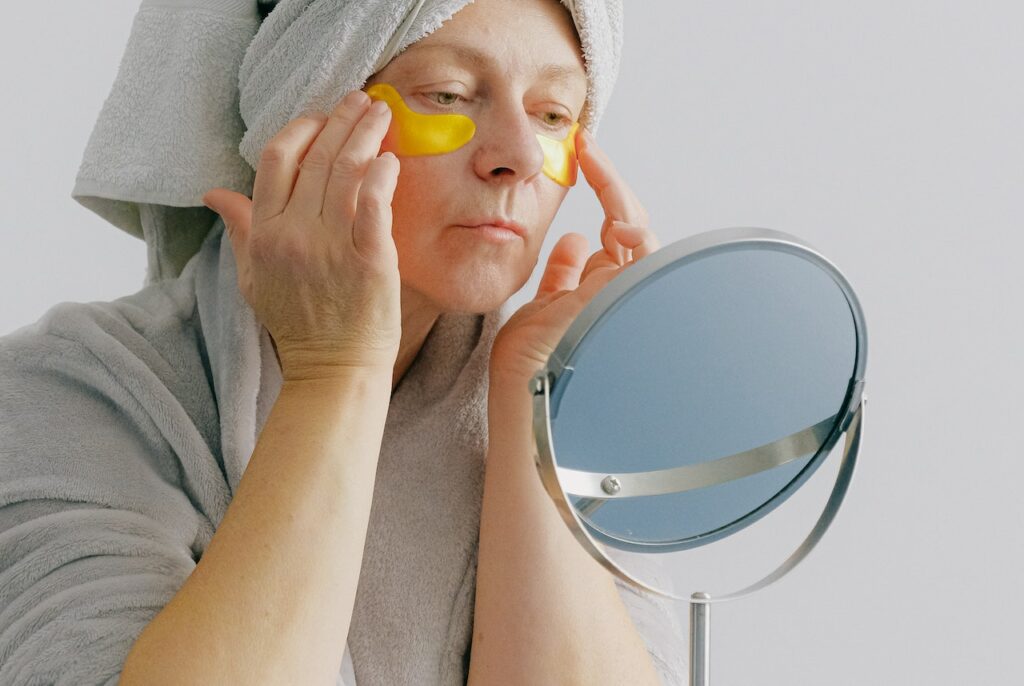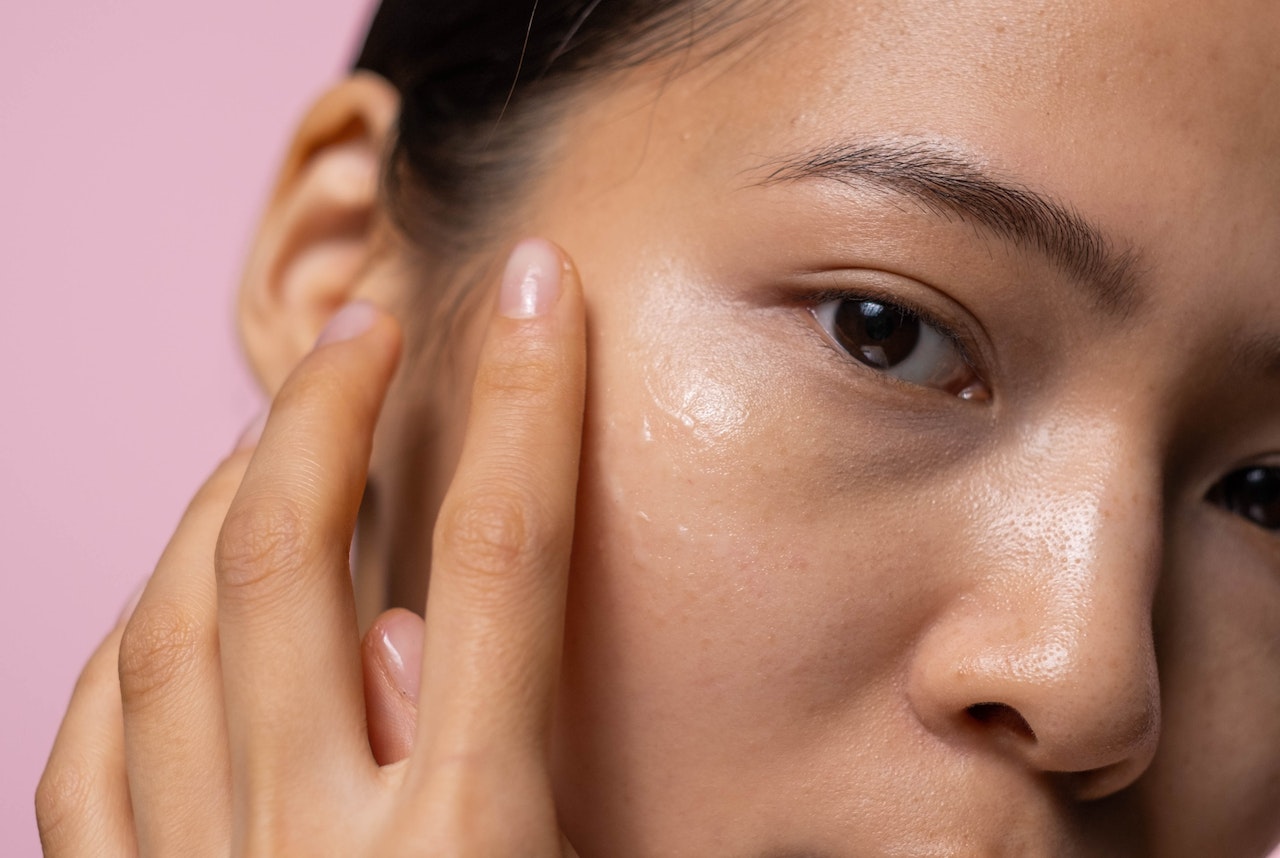Oily skin can be a challenge, but with the right care, you can turn this ‘slippery problem’ into a ‘glowing advantage’. If you’re one of the many looking for “how to oily skin care tips,” this guide is tailored for you. We have expert advice, tested tricks, and genuine solutions to help you maintain a balanced, healthy glow. So, let’s dive into it!
10 Tips How to Oily Skin Care
1. Understand Your Skin Type
First things first, understand that oily skin is due to the overproduction of sebum, a natural skin oil. It can be caused by genetics, hormonal changes, diet, or even certain medications. Embrace it; oily skin has its perks – it often ages slower and develops fewer wrinkles!
2. Choose the Right Cleanser
A gentle, sulfate-free foaming cleanser can work wonders. It removes excess oil without over-drying your skin. Remember, stripping your skin of its natural oils can cause it to produce even more oil in retaliation.
3. Exfoliate – But Not Too Much!
Exfoliation helps in unclogging pores and removing dead skin cells. But overdoing it can irritate the skin. Aim for once or twice a week using a gentle exfoliant.
4. Don’t Skip the Moisturizer
Many think that oily skin doesn’t need moisturizing, but that’s a myth. Lightweight, oil-free, or gel-based moisturizers hydrate without making your face greasy.
5. Use Matte Sunscreen Daily
Sunscreen is essential. Period. For oily skin types, go for matte-finish or gel-based sunscreens. They protect without adding shine.
6. Master the Blotting Technique
Keep blotting papers handy. They soak up excess oil, offering a matte finish without disturbing your makeup.
7. Avoid Over-Washing
While it might be tempting to wash your face repeatedly, resist the urge. Overwashing can make things worse. Twice a day is usually sufficient.
8. Incorporate a Clay Mask
A weekly clay mask session helps absorb excess oil and detoxifies your skin. Masks with kaolin or bentonite clay are particularly beneficial.
9. Stay Hydrated and Watch Your Diet
Drink lots of water and eat a balanced diet. Limit intake of overly greasy foods and incorporate more fruits, vegetables, and whole grains.
10. Consult a Dermatologist
If you’ve tried everything and still struggle with excessively oily skin, it might be time to see a dermatologist. They can offer customized advice and treatments based on your individual needs.
Read More : Essential Beauty and Skin Care Tips for Every Season

Best Advices for Oily Skin Care
Balanced Makeup Choices
- Go for Oil-free and Non-comedogenic: When selecting makeup, especially foundations and primers, opt for those labeled “oil-free” and “non-comedogenic.” These formulations won’t clog your pores or add extra shine.
- Mineral Makeup: Consider using mineral-based powders as they can absorb excess oil, giving your face a matte finish.
Lifestyle Habits Make a Difference
- Stress Management: High stress levels can trigger more oil production. Find ways to relax, whether it’s through meditation, exercise, reading, or any hobby that calms your mind.
- Regular Exercise: While sweating can feel counterintuitive for oily skin, regular exercise can actually help regulate your skin’s oil production over time. Just ensure you cleanse your face post-workout.
Opt for Water-based Products
- For everything from your moisturizer to your makeup primer, consider water-based versions. They’re lighter on the skin and less likely to contribute to oil buildup.
Be Careful with Home Remedies
- While it’s tempting to go all-natural, not all home remedies are beneficial for oily skin. For instance, applying lemon juice might seem like a great idea to control oil, but it can overly dry out your skin and cause irritation.
Re-evaluate Your Skincare Routine Seasonally
- Changes in the weather can impact your skin’s oil production. What works in the humid summer months might not be suitable for the dry winter season. Adjust your products accordingly.
Avoid Touching Your Face
- Our hands carry oils and dirt. Frequently touching your face can transfer these, exacerbating the oily skin problem and potentially leading to breakouts.
Pay Attention to Product Ingredients
- Ingredients like hyaluronic acid can hydrate without making the skin oily. On the other hand, ingredients like coconut oil, while beneficial for some skin types, can be too heavy for oily skin.
Remember, while it may seem challenging at times, oily skin can be managed effectively with a consistent and tailored skincare routine. With a little trial and error, you’ll find the perfect combination of products and habits to keep your skin looking its best.

